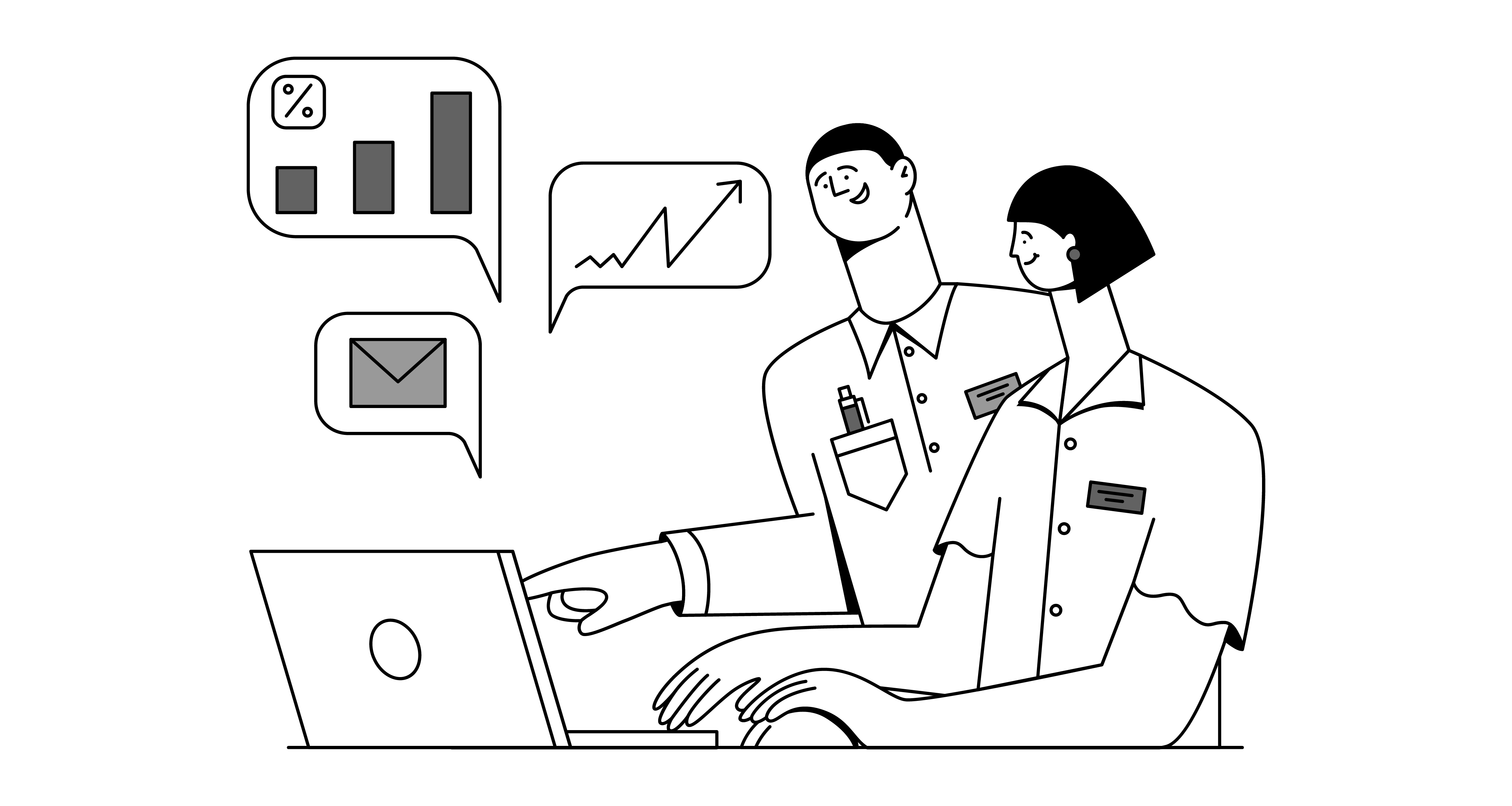Does Your Small Business Need a CRM System?
For many small business owners, managing customer relationships is a balancing act. With limited time and resources, keeping track of customer interactions, follow-ups, and sales opportunities can be overwhelming. This is where a Customer Relationship Management (CRM) system comes in.
CRMs aren’t just for large enterprises—they’re a game-changer for small businesses too. Here’s how a CRM system can help you stay organised, improve customer relationships, and grow your business.

What is a CRM System?
A CRM system is a tool designed to manage customer interactions and data in one centralised platform. It helps small businesses:
- Track customer communication across emails, calls, and meetings.
- Automate repetitive tasks like follow-ups and appointment scheduling.
- Gain insights into sales trends and customer preferences.
Instead of relying on spreadsheets or scattered notes, a CRM keeps everything organised, accessible, and actionable.
Signs Your Small Business Could Benefit from a CRM
- You’re Losing Track of Customer Interactions
If you’re struggling to remember who to follow up with or what was discussed during your last meeting, a CRM provides a clear history of all interactions. - You’re Spending Too Much Time on Admin Tasks
Repeatedly entering customer data or manually sending reminders can eat up valuable time. CRMs automate these processes, freeing you to focus on growing your business. - Your Sales Process Lacks Structure
A disorganised sales process can lead to missed opportunities. CRMs help you track leads through every stage, ensuring no potential sale slips through the cracks. - You’re Struggling to Retain Customers
Building strong relationships with existing customers is just as important as acquiring new ones. A CRM helps personalise your communication, improving retention and loyalty.
How CRMs Support Small Business Growth
- Improve Customer Relationships
A CRM system centralises all customer information, making it easy to deliver personalised experiences. When customers feel valued, they’re more likely to stick with your business. - Streamline Operations
Automating tasks like follow-ups, invoice reminders, or appointment scheduling reduces errors and saves time. - Drive Sales Performance
With detailed insights into your sales pipeline, a CRM helps you identify high-potential leads and focus your efforts effectively. - Enhance Team Collaboration
For small teams, a CRM ensures everyone has access to the same up-to-date customer information, improving communication and efficiency.
Common Myths About CRMs for Small Businesses
- “CRMs are too expensive for small businesses.”
Many CRM systems, like Zoho CRM, offer affordable plans tailored to small businesses, ensuring you get value without breaking the bank. - “CRMs are complicated to use.”
Modern CRMs are designed with user-friendly interfaces and offer training resources to help you get started quickly. - “I don’t need a CRM because I already have a small customer base.”
Even with a small customer list, a CRM helps you stay organised and build stronger relationships, laying the foundation for growth.
Choosing the Right CRM for Your Small Business
When selecting a CRM, consider the following:
- Ease of Use: Look for a system that’s simple and intuitive for your team.
- Scalability: Choose a CRM that can grow with your business needs.
- Key Features: Focus on features like contact management, task automation, and reporting.
Platforms like Zoho CRM are ideal for small businesses, offering powerful tools at an affordable price point.
Conclusion
A CRM system isn’t just a tool—it’s an investment in your business’s future. By improving organisation, automating tasks, and enhancing customer relationships, CRMs empower small businesses to work smarter, not harder.
If you’re ready to streamline your operations and take your business to the next level, a CRM could be the solution you’ve been looking for. Start small, explore affordable options like Zoho CRM, and see how it transforms your customer management process.